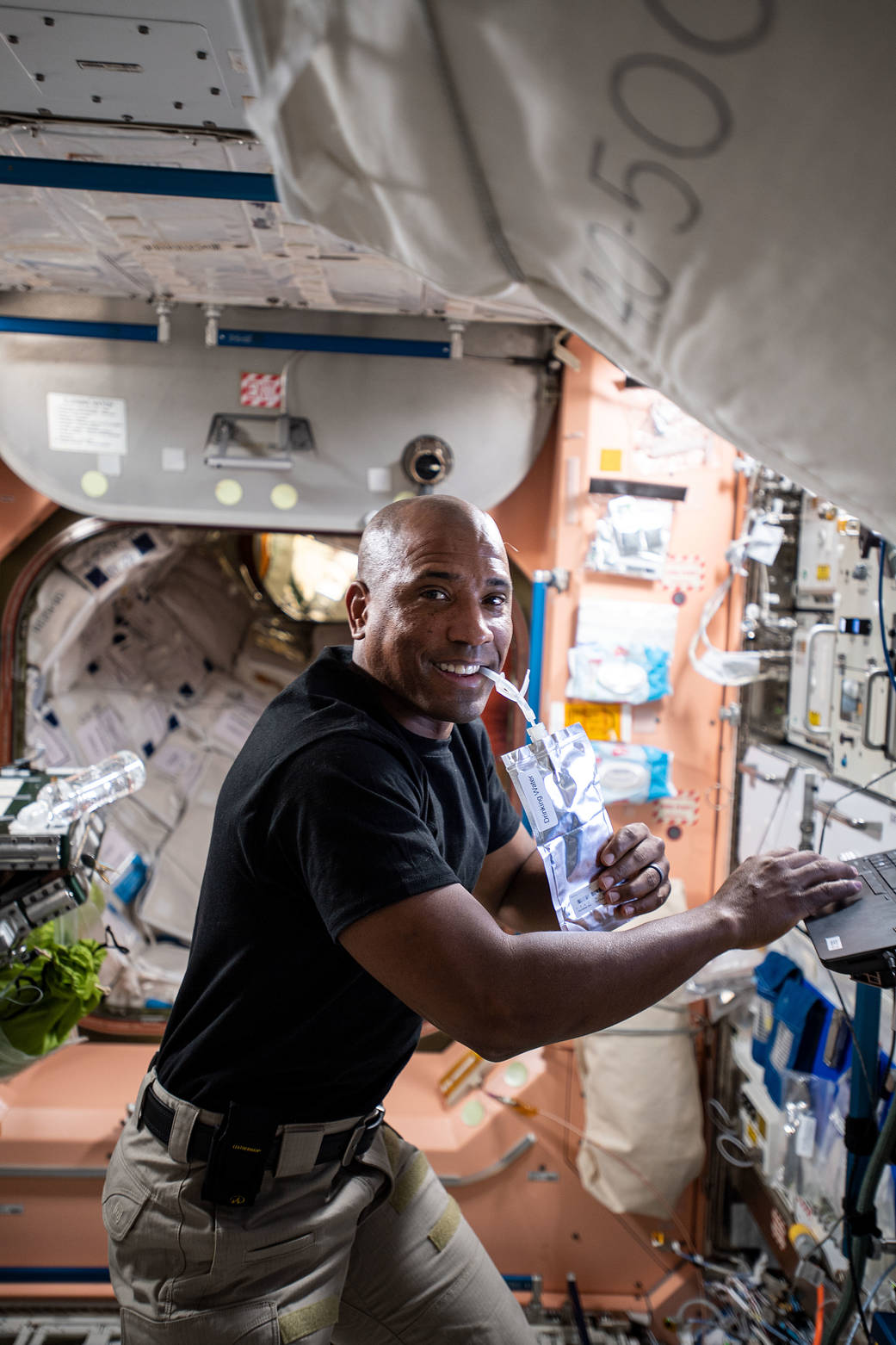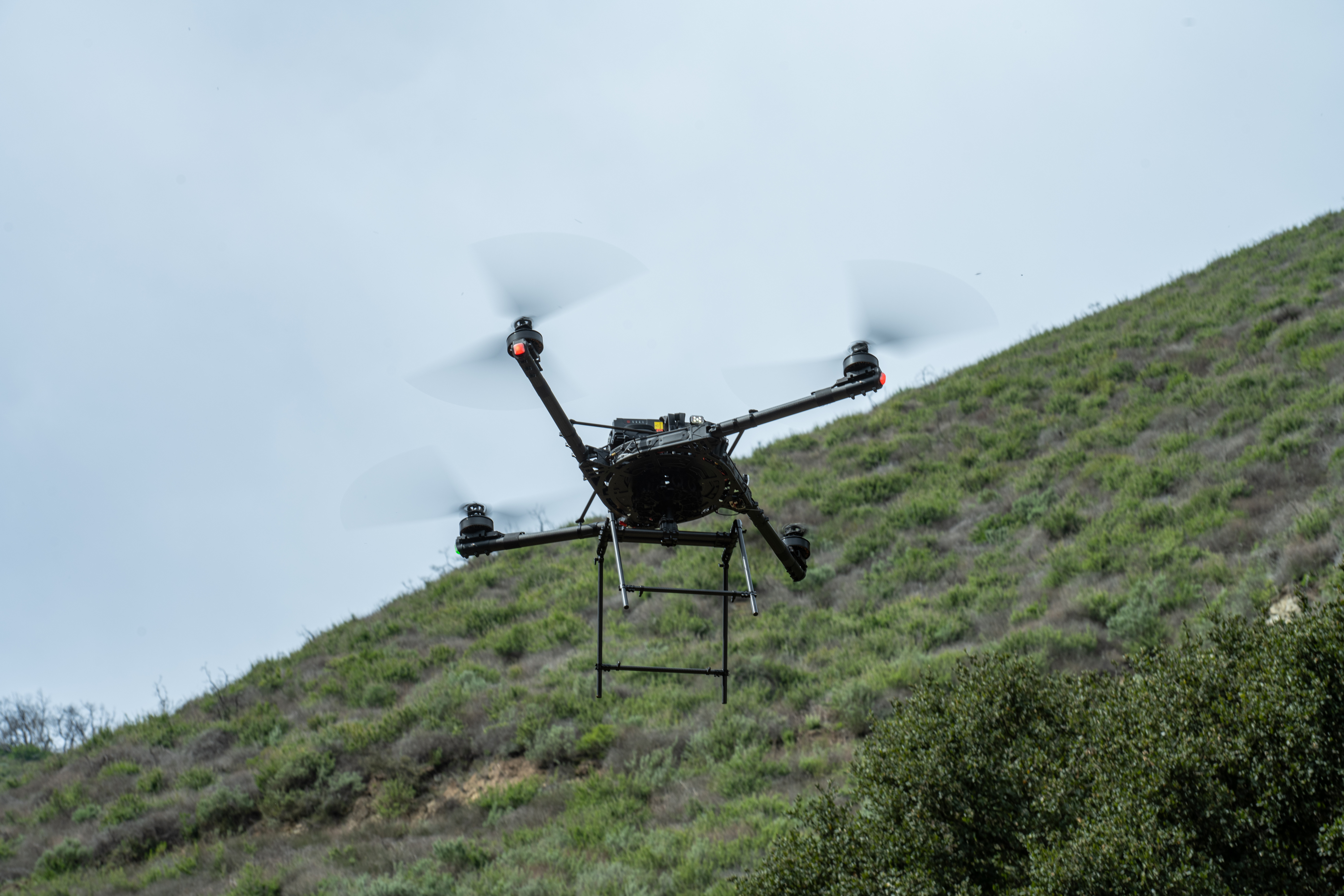Comprehensive Review of Nutrition in Space: NASA’s Latest Insights
In the realm of space exploration, ensuring the health and well-being of astronauts is of paramount importance. Nutrition plays a critical role in this aspect, impacting the overall health, performance, and mission success of spacefarers. NASA has been at the forefront of researching and understanding the nuances of nutrition in space, and their latest publication marks the third significant effort to compile and review the available literature on this subject. This comprehensive book aims to serve as a valuable resource for understanding the role of nutrition in maintaining astronaut health during space missions, including future expeditions to the Moon and Mars.
Historical Background and Initial Efforts
In 2009, NASA embarked on its first major endeavor to analyze the existing knowledge and historical data related to human nutrition for space travel. The primary objective was to identify additional data requirements that would help minimize the risks associated with inadequate nutrition or a suboptimal food system during long-duration missions. By adopting a nutrient-by-nutrient approach, the study reviewed each essential nutrient’s role in sustaining astronaut health. Additionally, the study provided a brief overview of space food systems used in historical space programs, laying the groundwork for future nutritional research and development.
The Second Volume: A New Perspective
Building upon the foundation laid by the first publication, NASA released a second volume in 2014. This edition was not merely an update but offered a fresh perspective on space nutrition. It incorporated research findings published over the intervening six years, shifting focus towards a physiological systems-based approach. This allowed for a more holistic understanding of how various nutrients interact within the body’s systems during space travel.
The Latest Edition: An Expanded and Updated Resource
The current version of the book expands upon the previous editions, providing a comprehensive update on the latest research and findings. It retains the systems-based approach, organizing information into chapters based on physiological systems such as bone, muscle, and ocular health. Each chapter highlights the specific nutrients associated with maintaining the health of these systems. This detailed examination of nutrients and their functions within each system offers a more thorough understanding of the crucial role nutrition plays in space missions.
In addition to the detailed nutrient analysis, the book also delves into the constraints and challenges of space food systems. It includes dietary intake data from astronauts aboard the International Space Station (ISS), offering insights into the nutritional habits and needs of spacefarers during extended missions.
Analog Studies and Research Methodologies
To simulate the conditions of spaceflight and better understand its impact on human nutrition, NASA has conducted various ground-based analog studies. These studies are designed to mimic one or more aspects of space travel, enabling researchers to gather valuable data. For instance, head-down tilt bed rest is a common analog used to study the musculoskeletal disuse experienced during space missions. Similarly, research conducted in Antarctica takes advantage of the isolation, confinement, and lack of sunlight exposure during the winter months, resembling the conditions astronauts face in space.
Undersea habitats provide another unique environment for nutritional studies, helping researchers explore changes in nutrition within a confined space with a hyperbaric atmosphere. These analog studies, along with data from historical space missions—such as those conducted on the Space Shuttle, Russian space station Mir, and earlier programs like Apollo and Skylab—contribute to a comprehensive understanding of space nutrition.
Insights from the International Space Station
The ISS, now over two decades old, has been an invaluable platform for researching astronaut nutrition during extended-duration spaceflights, which can last anywhere from four to twelve months. The findings from these missions have greatly enriched our understanding of how space travel affects human nutrition and have provided vital data for developing effective dietary strategies for future missions.
Looking Ahead: Future Directions in Space Nutrition
This latest publication seeks to encapsulate the current state of knowledge in the field of space food and nutrition. By providing an updated and comprehensive review, it serves as a guide for future research and development efforts. The ultimate goal is to ensure that as humanity ventures beyond low-Earth orbit, astronauts have access to a safe and effective nutritional system that supports their health and mission success.
Additional Insights: The Importance of Nutrition in Space
While the book focuses on the scientific and technical aspects of space nutrition, it is essential to recognize the broader significance of this research. Nutrition not only affects the physical health of astronauts but also their psychological well-being and cognitive performance. A well-balanced diet can help mitigate the effects of space travel, such as bone density loss, muscle atrophy, and vision changes, ultimately enhancing the overall mission success.
As space agencies around the world continue to push the boundaries of human exploration, understanding and optimizing nutrition in space will remain a critical area of focus. By building on the knowledge compiled in this publication, researchers can develop innovative solutions to the nutritional challenges posed by long-duration space missions.
For those interested in exploring the detailed findings and insights from NASA’s research, the publication offers downloadable versions of both the 1st and 2nd editions:
- Download 2nd Edition PDF
- Download 1st Edition PDF
This extensive body of work not only highlights the progress made in understanding space nutrition but also sets the stage for future research and exploration, ensuring that astronauts are well-equipped for the challenges of space travel.
For more Information, Refer to this article.


































